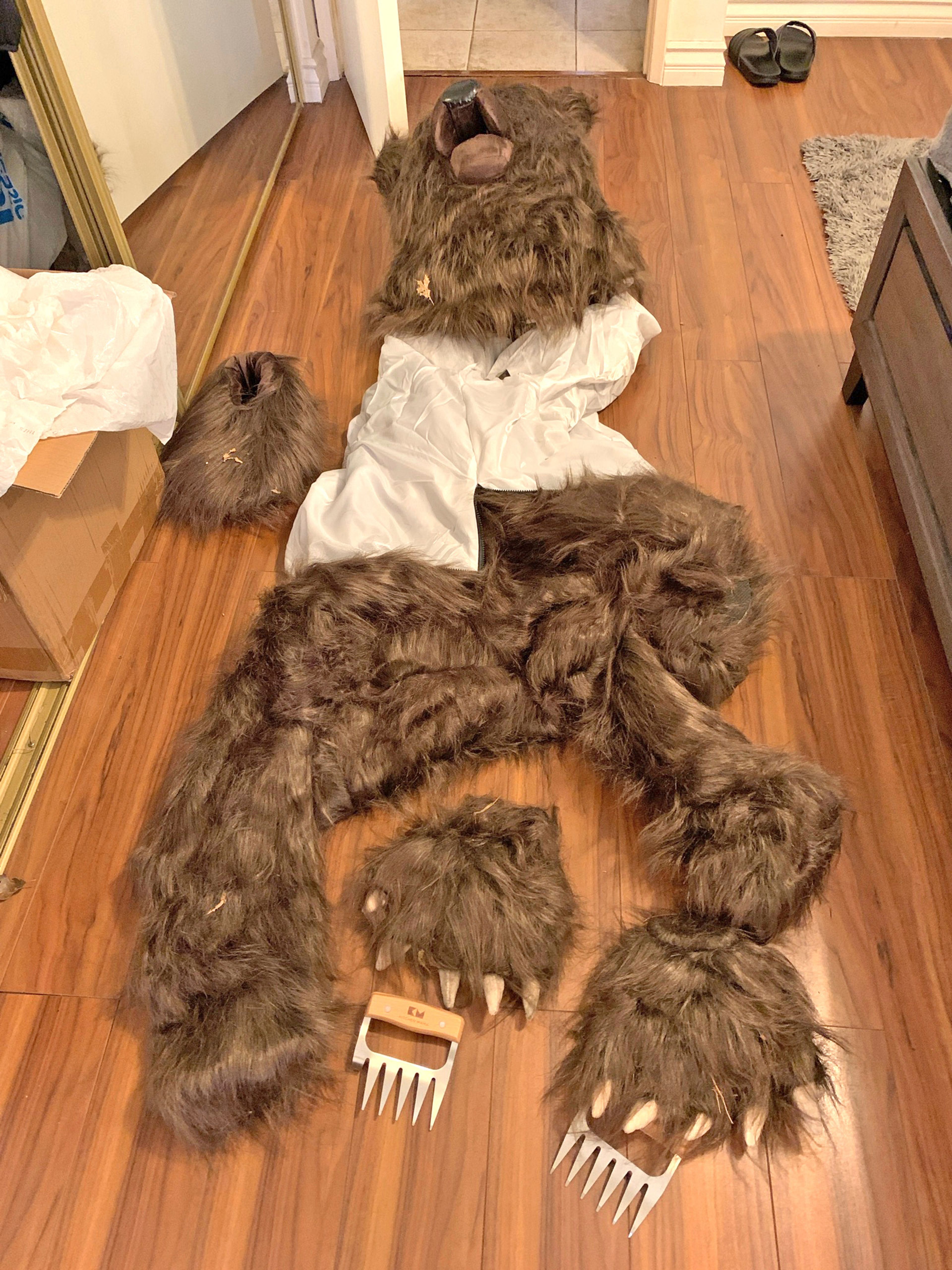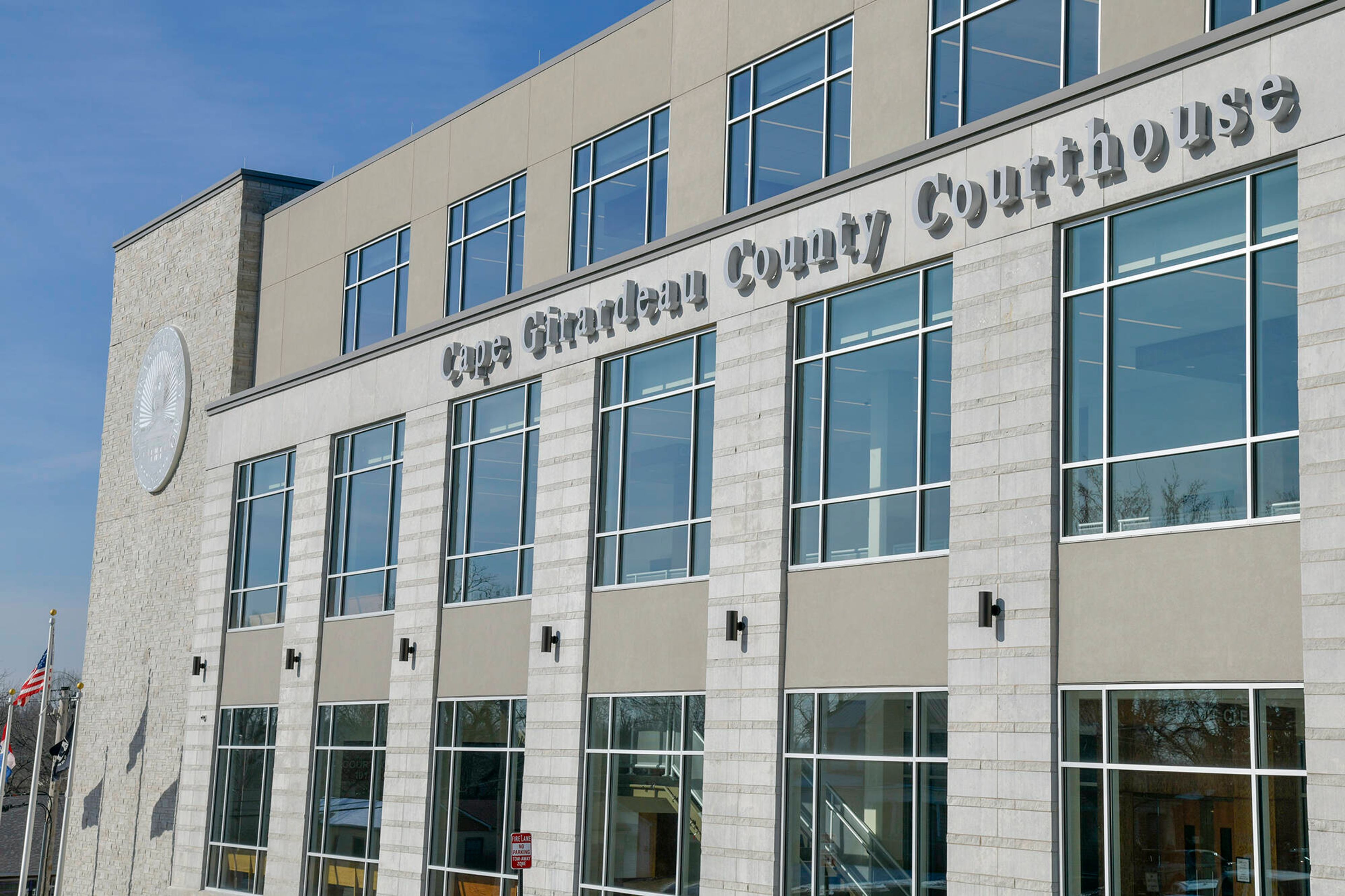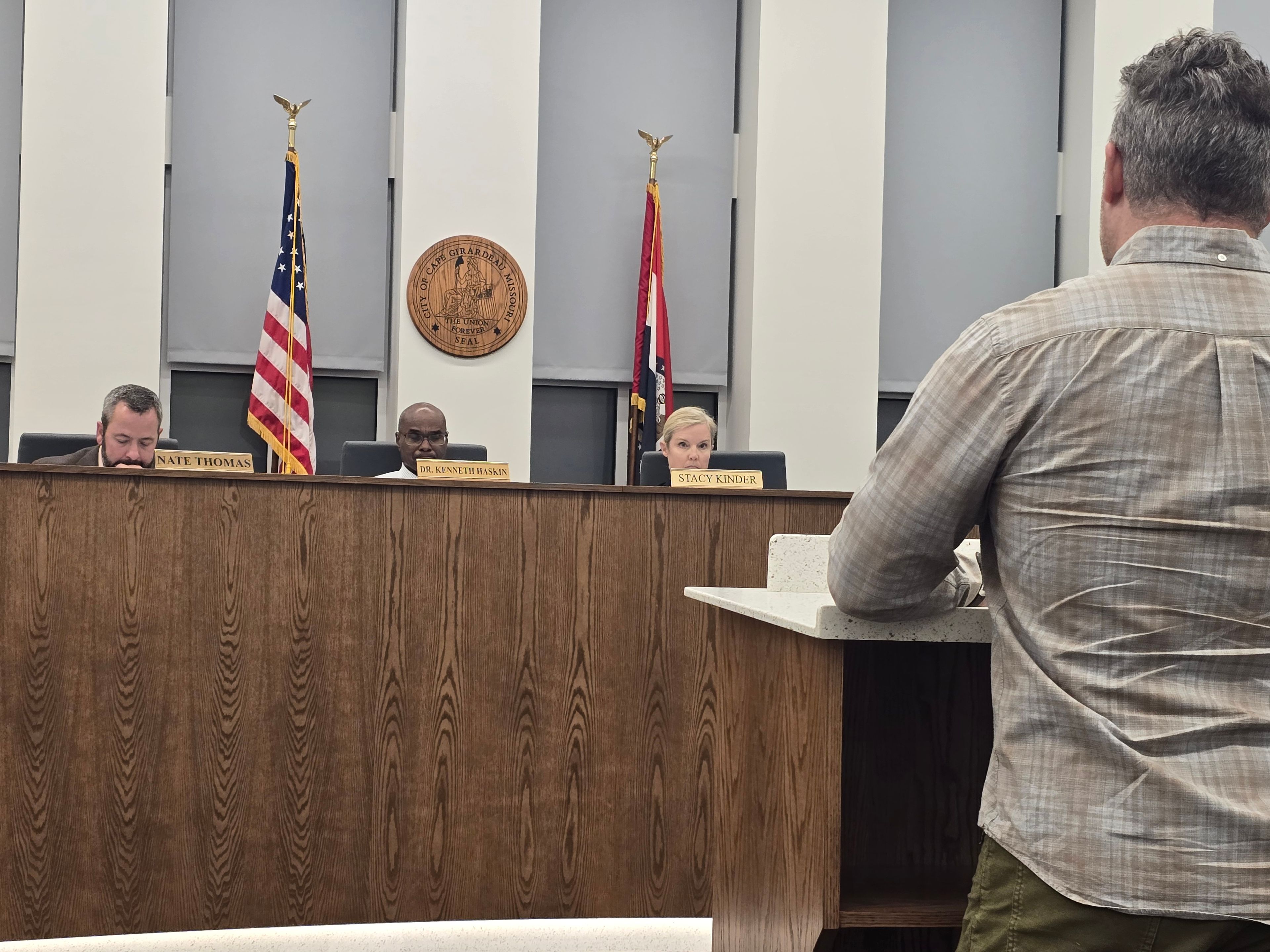McCaskill touts passing of bill targeting sex trafficking
The U.S. Senate overwhelmingly passed bipartisan legislation Wednesday to make it easier to prosecute websites facilitating sex trafficking and allow victims to pursue federal civil claims, The vote was 97-2. The House earlier this year passed similar legislation...
The U.S. Senate overwhelmingly passed bipartisan legislation Wednesday to make it easier to prosecute websites facilitating sex trafficking and allow victims to pursue federal civil claims,
The vote was 97-2. The House earlier this year passed similar legislation.
U.S. Sen. Claire, McCaskill, a major architect of the legislation, predicted President Donald Trump will sign the bill into law.
"I am confident that we will get the support of the president," the senator said in a conference call to reporters hours in advance of the Senate vote.
The legislation was prompted by a two-year Senate committee investigation of the Backpage website. McCaskill and Sen. Rob Portman, R-Ohio, led the investigation, which led to a U.S. Supreme Court ruling that forced Backpage to turn over key documents to the committee.
"What we discovered was they had been knowingly facilitating sex trafficking on their web page and profiting to the tune of billions of dollars," she said.
With estimated annual revenues of more than $150 million, Backpage is a market leader in commercial sex advertising and has been linked to hundreds of reported cases of sex trafficking, McCaskill said in a news release after the Senate vote.
The Democratic lawmaker said an "outdated law" had provided Backpage with "complete and total immunity from being held accountable for their bad behavior."
The legislation is narrowly crafted to go after Backpage and other websites aiding sex trafficking and "children being sold for sex."
Critics said the bill will do little to stop sex trafficking, but instead stifle innovation and free speech online.
But McCaskill dismissed such criticism. She said it is a narrowly crafted bill that won't "touch any of their freedom-of-speech issues."
"This is about knowingly facilitating sex trafficking," she said. She said the legislation does not seek to be the "thought police on the internet."
The legislation aids efforts to prosecute Backpage and other websites facilitating sex trafficking, she said.
Local prosecutors have been hampered in their efforts to file criminal charges against such entities, McCaskill said. "They have not had the ability to go after these guys."
McCaskill said the bill "opens it up so not only can victims bring civil claims, but prosecutors can bring criminal charges under state law and states' attorneys general can bring civil claims in federal court."
A former prosecutor, McCaskill has offered to share the more than one million pages of materials from the investigation with local prosecutors and law enforcement.
mbliss@semissourian.com
(573) 388-3641
Connect with the Southeast Missourian Newsroom:
For corrections to this story or other insights for the editor, click here. To submit a letter to the editor, click here. To learn about the Southeast Missourian’s AI Policy, click here.








